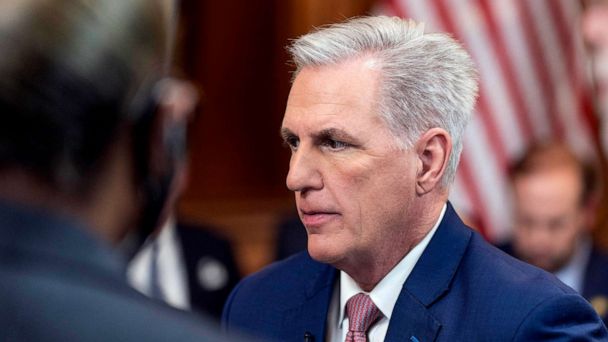
1. Understand what triggers a government shutdown and the consequences. A government shutdown occurs when Congress fails to pass or agree upon an appropriation or continuing resolution to continue funding government operations. When this occurs, all non-essential government services are suspended and employees who are considered non-essential will be furloughed, or placed on government-mandated unpaid leave.
2. Prepare for the possibility of a shutdown. Even if you are not a federal employee, it’s important to plan for the possibility of a government shutdown. Depending on the services your state or local government relies upon from the federal level, you may feel the effects of a shutdown. Make sure to call your state and local representatives to let them know your concerns and prepare to advocate for yourself if necessary.
3. Research affected services. A government shutdown will affect different services, programs, and services in different ways. Because of this, it’s important to research what services may be affected if a government shutdown occurs. Visit the websites of the individual agencies to understand their mission and services specifically.
4. Stock-up on essential items. Since a government shutdown can potentially disrupt services that people rely on, such as Social Security and Medicare, it’s always a good idea to stock up on essentials in case of a prolonged shutdown. This includes items such as medications, food, and other necessary items.
5. Make sure your finances are in order. During a shutdown, government services like IRS and Social Security may be affected, so it’s important to make sure your finances are in order before a shutdown occurs. Make sure you pay debts, taxes, and other expenses before the shutdown begins.

